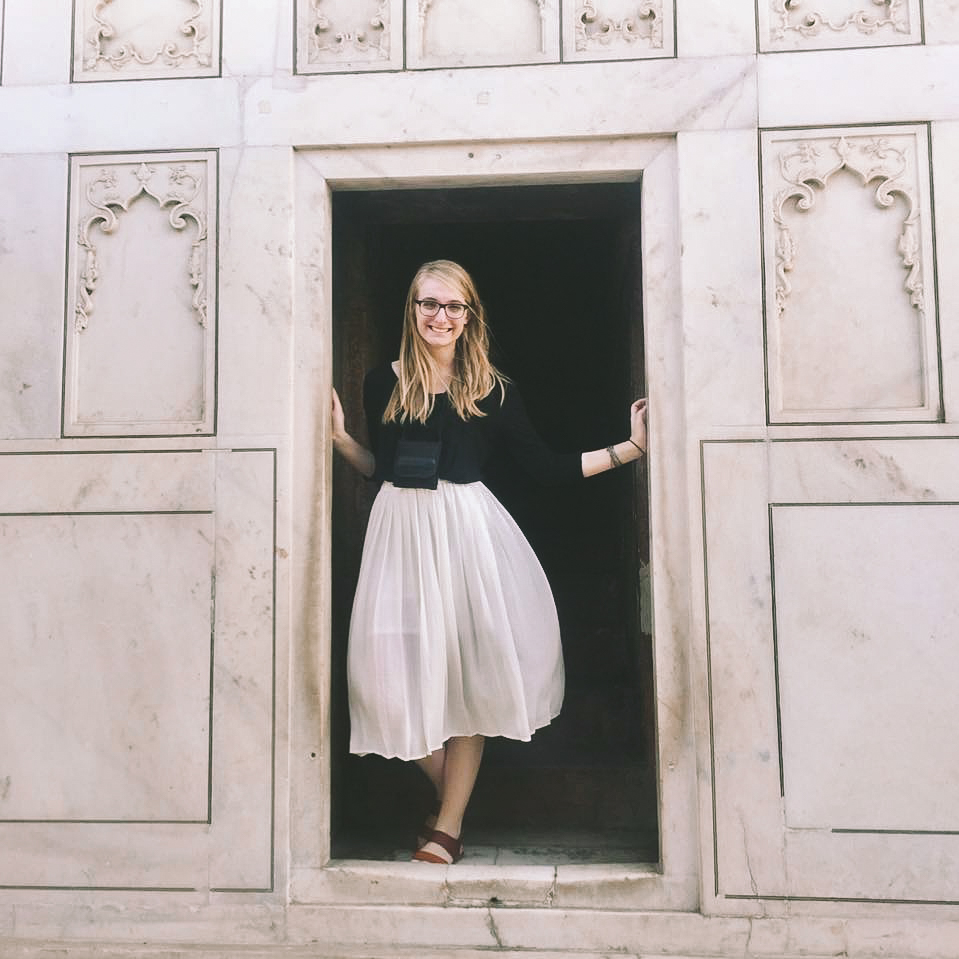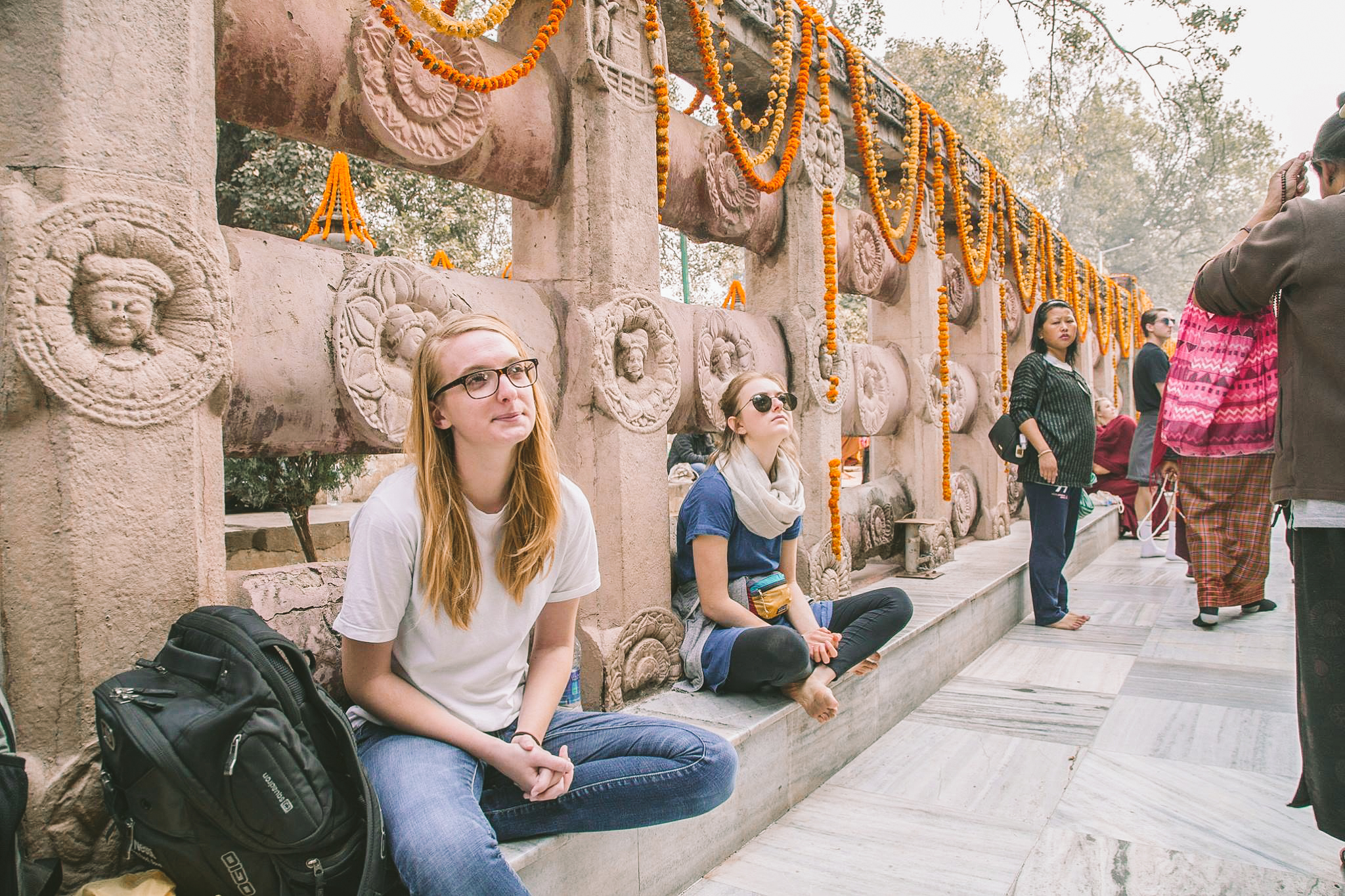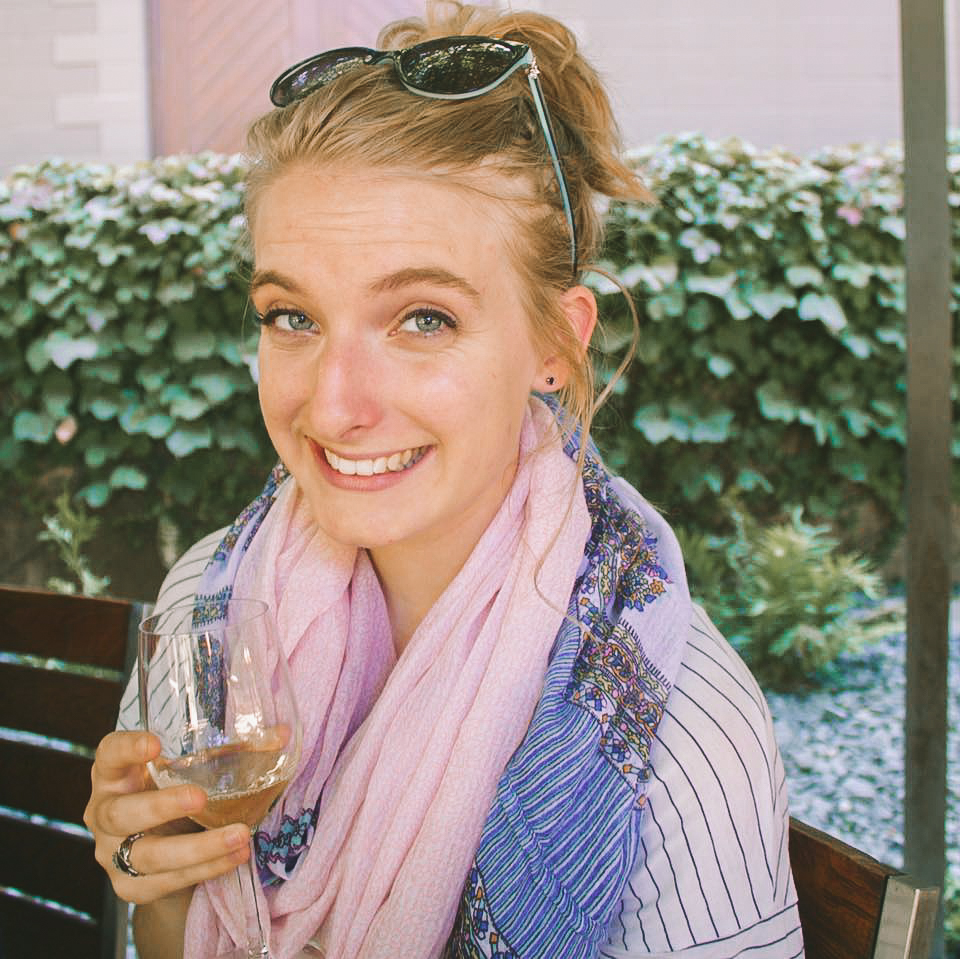Letter to Caregivers
A Letter from Madison Chastain
Dear Family,
This ones for the caretakers. For the people who don’t buy white clothing because it’s just going to get dirty.
My younger brother Matthew was born with Cri du Chat and DiGeorge Syndromes. Combined, these chromosomal mutations look a little like Cerebral Palsy, and a lot like cognitive delay, a compromised immune system, a pacemaker, a lack of consistent toilet use, and a love of crackers, cereal, and a good restaurant.
I have always been involved with Matthew’s care. I have confronted the stares, the lack of a wheelchair ramp, and the soiled bedsheets alongside my parents and other younger brother Michael.
***Lesson: Taking someone in a wheelchair to the movies requires two spaces. A space for the wheelchair, and a seat beside them.***
Sisters, there’s not a lot of space made for disability (despite what handicapped parking spots might have you believe). And when we see a lack of space for those we care for, it often feels like there isn’t space for us.
One lady could not understand my mother’s frustration with her sitting in a companion seat at the theatre.
“Can’t you just sit him in the open space and you sit somewhere else?” she said to my mother.
No mother should have to justify the severity of disability or the importance of companionship.
Having studied theology in college, I am unfortunately aware that “Disability Theology” and “Disability and the Church” are still merely up-and-coming search engine entries. My mother has struggled to find support groups specific enough to relate to my brother’s obscure disabilities. I’ve had to explain to youth ministers why my brother doesn’t have “that kind” of disability and won’t be able to attend the special needs program they’ve worked so hard to create. What already exists sometimes isn’t enough. Not every parish has it, not every degree program offers it, not every person is going to have the respect for human dignity that seems so obvious. But I’m trying to make it. I see you. I see the crumbs on the floor and the nights spent sleeping on the hospital couch, and the laughter that’s too loud at the quietest parts of Mass.
I know that the vocation of caretaker is a hard one that doesn’t seem to offer a lot of choice or freedom. After a particularly stressful one of Matthew’s major surgeries, a supervisor of mine in undergrad told me to prepare for the potential that this may be my life one day. If something were to happen and I became sole caregiver to my brother, these sorts of worries would be my constant thoughts and responsibility. I have never felt so much sorrow, or had my future thrust at me with so much force before.
These feelings can be exacerbated when there isn’t a clear system of support for caretakers, specifically within the Church. But please see me and join me. Let’s make community together, caretakers and those not touched by disability alike.
Let’s smile instead of stare. Ask if we can introduce ourselves. Hold the door open. Volunteer. Make that courageous comment about inclusion in the spaces where we’re leaders. Remember that open and honest nerves are always better than silence.
"Let’s smile instead of stare. Ask if we can introduce ourselves. Hold the door open. Volunteer. Make that courageous comment about inclusion in the spaces where we’re leaders. Remember that open and honest nerves are always better than silence."
If you have them, expose your children to the wonders of a different genetic makeup. Talk to them about how God empowers those who are special to love in special ways. Make advocates out of those around you.
Ladies, our strength lies in affirming each other and our dignity. Those with disabilities and their caretakers live every day as champions of intrinsic human worth. Let’s learn from them, join with them, and take steps to expand their space in our Church.
Much love,
Madison
Get to know Madison
Tell us a little bit about yourself!
My name is Madison Chastain. I am 22 years old, and I am just wrapping up a year of volunteer teaching as a Lasallian Volunteer in Oklahoma, though I am originally from Northern California. Having studied theology and religious studies in undergrad, I’ve spent this past year teaching middle school religion, covering everything from the Old and New Testaments to Sacraments, Church History, and Catholic Social Teaching. I like reading and writing (I also studied English in undergrad), and I try to box once every weekend. This October I will start my Master’s Degree at the University of Chicago’s Divinity School. I was an Air Force brat growing up, moved around a fair amount, and still love to travel.
How does your Catholic faith affect the way you live your day-to-day life?
My Catholic faith lurks beneath every aspect of my day. I talk to God throughout the day (I like the idea of talking to God more casually and intimately. Like Teresa of Avila. She’s goals.) I’m a religion teacher at a Catholic middle school (every part of that sentence requires grace: religion, teacher, middle school). I live in community (also a huge grace requirement. And mercy too). And I’m a sister to someone with special needs. Making sense of the crazy stuff that happens every day is only possible, for me personally, by sifting it through the lens of Catholic faith. “Why did God let that happen? What do I learn from that? How do I best treat that person to do justice by them?”



